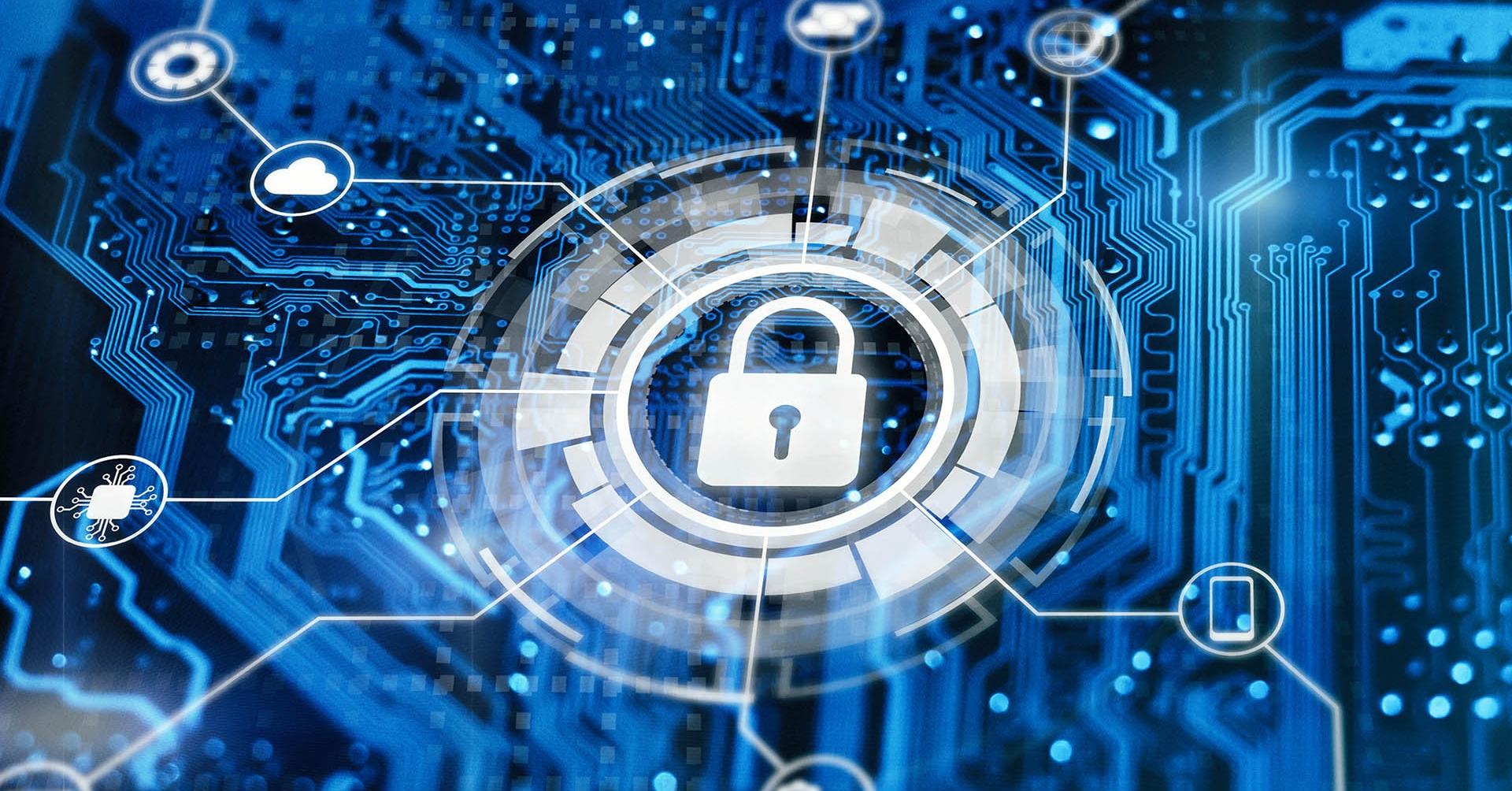The internet is awesome. But it also comes with risks. Cybercriminals are getting smarter everyday. They want your data and money. Staying safe online means being vigilant.
This article reveals common cyber threats today. And tips to stay ahead of cybercrooks. Let’s dive in.
Top Cyber Threats to Watch For
Phishing
The #1 cyber threat today. Criminals send fake emails or texts. They pretend to be legit companies. Their goal is getting your login details and money.
Watch for urgent emails asking you to update info. Don’t click suspicious links or attachments. Stay alert to phishing across email, phone, text, and social media. Phishing uses psychological tricks and a false sense of urgency to fool users into sharing sensitive information.
Malware
Malicious software that infects your devices. Malware is hidden in infected links, files, and apps. Once installed, it can spy on your activity and steal data.
Ransomware is common. It locks your files until you pay a ransom. Only download apps and software from trusted sources. And scan files before opening. Use anti-malware tools to detect and remove malware. Update devices and software regularly to close security vulnerabilities.
Data Breaches
In business cybersecurity, cybercriminals target company systems to steal valuable customer data, including logins and financial information. These breaches have far-reaching consequences, particularly in healthcare, finance, and retail.
Security Operations Centers (SOCs) are crucial in countering these threats by proactively monitoring networks for suspicious activities, deploying advanced cybersecurity defenses, and swiftly responding to incidents to mitigate damage. Moreover, signing up for breach alert services can provide early warnings if personal information is detected on the dark web, helping businesses stay vigilant against potential threats.
Identity Theft
Scammers steal your personal info like SSN, birth date, etc. They use it to open fraudulent accounts and make purchases in your name. This leads to financial fraud and identity misuse.
Be wary of oversharing sensitive personal information online or with strangers. Also regularly check your credit reports and financial statements for unauthorized transactions or accounts fraudulently opened in your name. Report any suspicious activity immediately to limit losses.
Social Engineering
Hackers manipulate you to share confidential data. They gain your trust through lies, pretend to be someone else and create a false sense of urgency. For instance, pretending to be tech support or a friend in need.
Be suspicious of unsolicited contacts asking for personal or account access details. Don’t fall for sob stories trying to trigger your sympathy. Verify requests over a separate channel before providing sensitive information over email, phone, or text.
Smart Ways to Stay Secure Online
Strong Passwords
Use long, complex, unique passwords for all accounts. Avoid repeats, dictionary words, or personal info in passwords. Enable two-factor or multifactor authentication for extra login security. Use a password manager to generate and store passwords securely.
Update Devices and Software
Keep devices, operating systems, and apps updated always. This fixes crucial security holes as they are discovered. Turn on automatic updates where possible. Avoid using unsupported programs lacking the latest security patches.
Wary of Links and Attachments
Don’t open links or files sent from unknown or suspicious sources. Hover over links to check the actual destination before clicking. Scan attachments with antivirus before downloading on your device.
Avoid Public Wi-Fi
Never access sensitive accounts or data over public Wi-Fi networks. It’s too easy for hackers to eavesdrop on the traffic and steal your data. You can buy proxy server to encrypt your connection or avoid public hotspots altogether when accessing personal accounts.
Backup Your Data
Backup important files, documents, and photos on a regular basis. Keep secure offline backups and cloud backups. This gives you access if ransomware or other malware corrupts or encrypts your systems.
Install Security Software
Use antivirus, anti-malware, and internet security software. Firewalls help block malicious traffic. Such tools provide real-time threat scanning, detection, and protection against attacks trying to breach your devices or network.
Monitor Accounts and Credit Reports
Watch financial accounts and credit reports closely for any unauthorized or suspicious activity. Report fraudulent transactions, accounts or charges promptly to limit damage. Sign up for account and credit alerts to stay updated on key changes.
Don’t overshare personal or professional details publicly online. Cybercriminals harvest data to facilitate identity theft, targeted scams, and other attacks. Maintain social media privacy settings and limit sharing information widely.
Shop on Secure Sites
When entering payment information online, only use sites that are secure. Look for HTTPS protocol and a closed padlock icon in the browser bar. Avoid shopping on insecure websites where your financial details could get intercepted.
Stay Ahead with Cyber Vigilance
Staying safe online does require some diligence. But practicing basic precautions goes a long way in protecting against most cyber threats. Develop good digital hygiene habits in your online activity.
Stay alert to red flags indicating phishing scams, malware links, data breaches, or social engineering attacks trying to steal your information. Keep devices and software always updated with the latest security patches. Perform regular backups of important data for recovery. Use strong unique passwords and turn on multifactor authentication.
Limit personal information shared publicly that could assist identity theft. Only access sensitive accounts and make payments on verified secure networks. Monitor accounts closely for unauthorized access and be alert to signs of identity fraud.
Report any suspicious online activity, data exposures, or account tampering promptly to mitigate risks. With cybercrime growing exponentially, maintaining vigilance about your digital security is more crucial than ever.
The online world provides amazing opportunities. But it also harbors growing risks. Stay a step ahead of cybercriminals trying to exploit security gaps for their gain. With some savvy precautions, you can confidently do business, manage your life, and interact online while keeping your data, identity, and finances protected.

